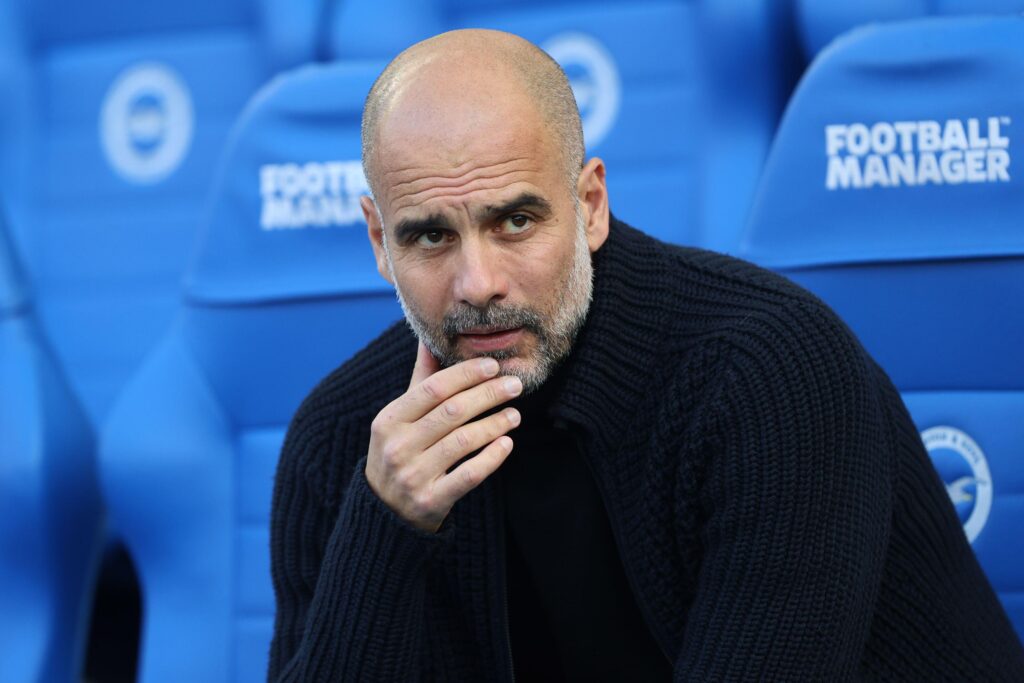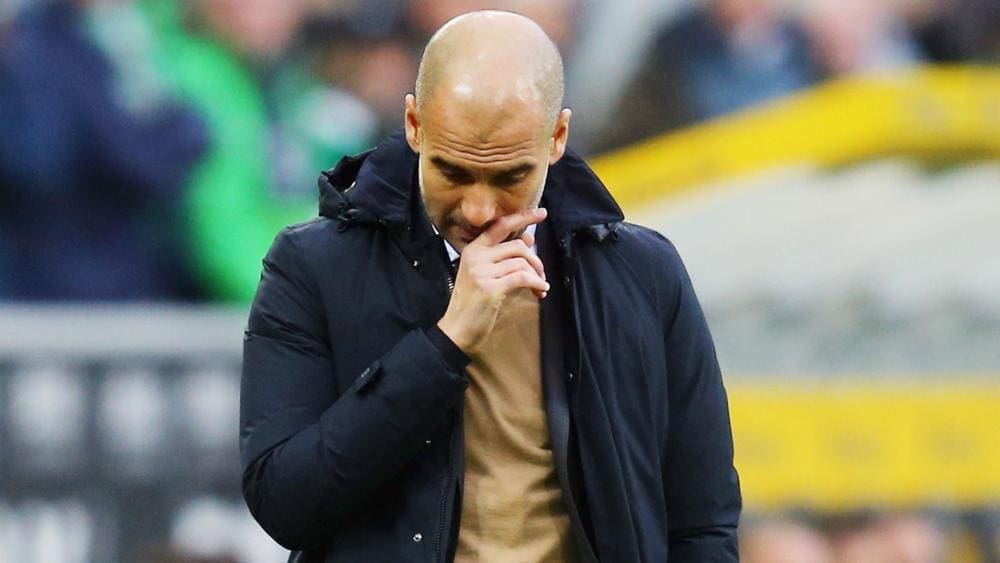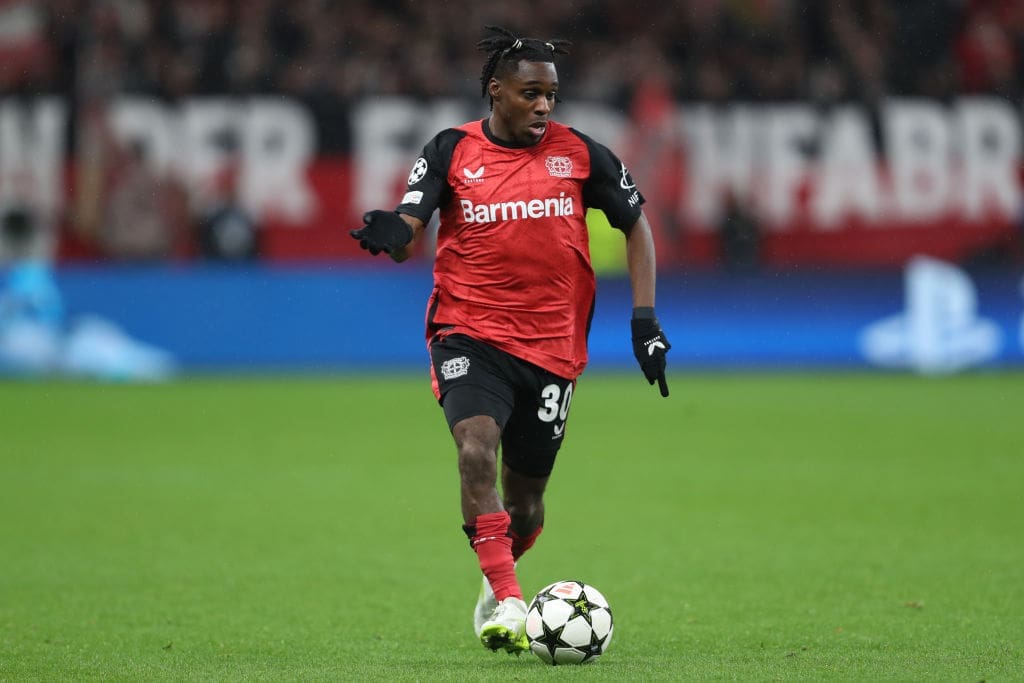All-Star great men are being traded between Minnesota and New York. This break down the business.

Karl-Anthony Towns is heading to New York, Julius Randle is heading to Minnesota alongside Donte DiVincenzo and a future draft pick, and the NBA is heating up just days before training camps open. Which team won Friday night's blockbuster trade? Let's break it down.
1. Who won the Knicks-Wolves trade?
Dan Titus: The Wolves. The Knicks got the best player in the deal (Karl-Anthony Towns), but when evaluating the totality of this trade, Minnesota gets the edge for creating financial flexibility and adding more depth to its roster. Let's not forget Julius Randle is just two years removed from being an All-NBA player and Donte DiVincenzo was one of the most effective 3-point shooters last season.
Keeping Towns was unrealistic, given the need to retain Naz Reid and Nikeil Alexander-Walker. Netting Randle on an expiring $28 million contract and securing DiVincenzo through the 2026-27 season filled the gap of losing KAT for the short- and long-term. And if the Pistons' protected first-round pick cashes, that could be another huge asset for the Wolves.
Dan Devine: … Everybody? Nobody?
I keep thinking about Sheriff Jim Hopper’s definition of compromise: “It’s kind of in-between. It’s, like, halfway-happy.” That’s how I imagine a lot of Knicks and Wolves fans feel after a deal that fundamentally changes the identities of two teams with championship aspirations.
The Knicks’ biggest questions heading into this season were how they’d fill their hole in the middle after losing Isaiah Hartenstein in free agency and with Mitchell Robinson still recuperating from foot surgery, and how they’d reintegrate Julius Randle into the fabric of a roster that nearly made the Eastern Conference finals without him. This deal answers the former and renders irrelevant the latter, all while pairing All-NBA point guard Jalen Brunson with an elite 28-year-old stretch big — one whose (admittedly gargantuan) contract runs through 2027-28, lining him up with core pieces Brunson, OG Anunoby, Josh Hart and, one presumes, an extended Mikal Bridges — in an offense that could be one of the NBA’s very best.

The Wolves, on the other hand, had to try to figure out how to improve an offense that finished 17th last season, and how to bolster a depth chart that looked to be a little too reliant on rookies and aging vets, all while staring down the barrel of gargantuan luxury-tax bills with the contracts of Towns, Anthony Edwards and Rudy Gobert on the books. This deal imports an All-Star-caliber power forward in Randle who can create shots for teammates and an elite high-volume 3-point shooter and quality defender in DiVincenzo, and does so for less than what Towns costs this year while also offering Minnesota more flexibility (and another tradable first-round draft pick) to build around Edwards in the years to come.
Should “the years to come” be the primary consideration for a Wolves team that just made the Western Conference finals, though? And by going all-in on spacing, shooting and offensive creation, might the Knicks come to rue moving away from the ground-and-pound identity that helped return them to relevance? Big questions — and, with them, potentially big causes for agita.
Ben Rohrbach: The teams just swapped issues. Neither team wanted to pay an existing star who has struggled with injuries and playoff confidence, so why not see if the grass is greener on the other side?
Randle is a little more versatile — and makes a little more sense next to Rudy Gobert — but he’s far from the floor spacer that Towns is. Does Randle negatively impact Anthony Edwards’ ability to navigate the court? Additional assets, including Donte DiVincenzo, sweeten the pot.
The Knicks needed a center and flipped Randle for another All-Star big that fit their roster better, even if Towns is not a rim protector. From a pure talent standpoint, Towns is the superior player. New York’s offense should be phenomenal. But how does the departure of Randle and the exit of one of the ‘Nova Knicks affect a team chemistry that was once the team’s greatest strength?
I think the Knicks won the deal, but there is a chance neither team did.
2. Where do the Knicks rank among title contenders?
Rohrbach: This deal draws the Knicks closer to the Celtics in the East. It certainly cements them as the conference’s greatest threat to Boston’s repeat — ahead of Philadelphia. New York’s hole at center was that glaring in the wake of Isaiah Hartenstein’s exit and Mitchell Robinson’s injury. It raises their talent level. It does not solve their defense. Boston still has a weakness to attack.
There was a 14-game gap between the Celtics and Knicks last season. Theoretically, inserting Towns and Mikal Bridges alongside Jalen Brunson, Josh Hart and OG Anunoby closes that gap quite a bit. In practice, the addition of Towns, especially, alters the chemistry enough that it could matter in a playoff series against the Celtics’ continuity. But they’ve given themselves a chance.
Titus: BetMGM has the Knicks with the third-shortest odds to win the championship, and that's fair. The Knicks' talent is undeniable, but success hinges on their ability to stay healthy. Mitchell Robinson will already miss the start of the season, and OG Anunoby failed to play more than 50 games in three of his seven seasons in the league. Coach Thibs' notoriously heavy workload helps accumulate regular-season wins, but that style often flames once the postseason arrives.
Devine: In the same tier as before, I think — below the Celtics in the East, squarely alongside the 76ers and Bucks, just ahead of the Pacers/Cavaliers/Magic collective. A Knicks offense built around a Brunson-Towns two-man game with Bridges and Anunoby in the corners could absolutely incinerate opposing defenses; a Knicks defense built around Brunson and Towns getting targeted in the two-man game could prove flammable, especially against the defending-champion Celtics.
I’m also concerned about how the loss of DiVincenzo will impact New York’s second unit. This deal feels like a sizable vote of confidence in Deuce McBride, and while I think he deserves it, the Knicks now feel a bit shallow — a potentially glaring concern for a team now extremely dependent on Towns and Anunoby, who have missed a combined 213 regular-season games over the past four years.
3. Where do the Wolves rank among title contenders?
Devine: Again: probably about where they were before — below Oklahoma City, in the mix with Dallas, Denver and a resurgent Memphis.
DiVincenzo feels like a perfect fit in what might be the best second unit in the league, but while I think Randle gets a bad rap, he’s an inarguable downgrade from KAT as a shooter, which could only further complicate Minnesota’s half-court offense, congesting Ant’s driving lanes and Gobert’s rim-rolls. The good news is that Chris Finch is one of the league’s best head coaches at figuring things out; the bad news, though, is that there still seems to be a lot to figure out to get these Wolves to the top of the mountain.
This embedded content is not available in your region.
Titus: Fifth. The Timberwolves are behind the Celtics, Thunder, Knicks and Sixers. Randle's integration period will take time. However, they have a deep enough roster to mix and match lineups, big to small, to be a 50-win team and make a run at a championship.
Rohrbach: The Wolves were already serious title contenders, largely dependent on Anthony Edwards’ ascendence. That does not change. DiVincenzo adds depth to an already deep rotation, and, if Randle can remain healthy, that should carry them to a ton of regular-season wins. They won 56 games last season, and 60 feels attainable. They should once again seize another high seed, and as last year’s victory against the defending champion Denver Nuggets proved, they can beat anyone in a series — so long as Randle’s playoff woes do not exceed Towns’ own history.
Copyright Notice:
Datavictory copyrights this specification. No part of this specification may be reproduced in any form or means, without the prior written consent of Datavictory.
Link:



